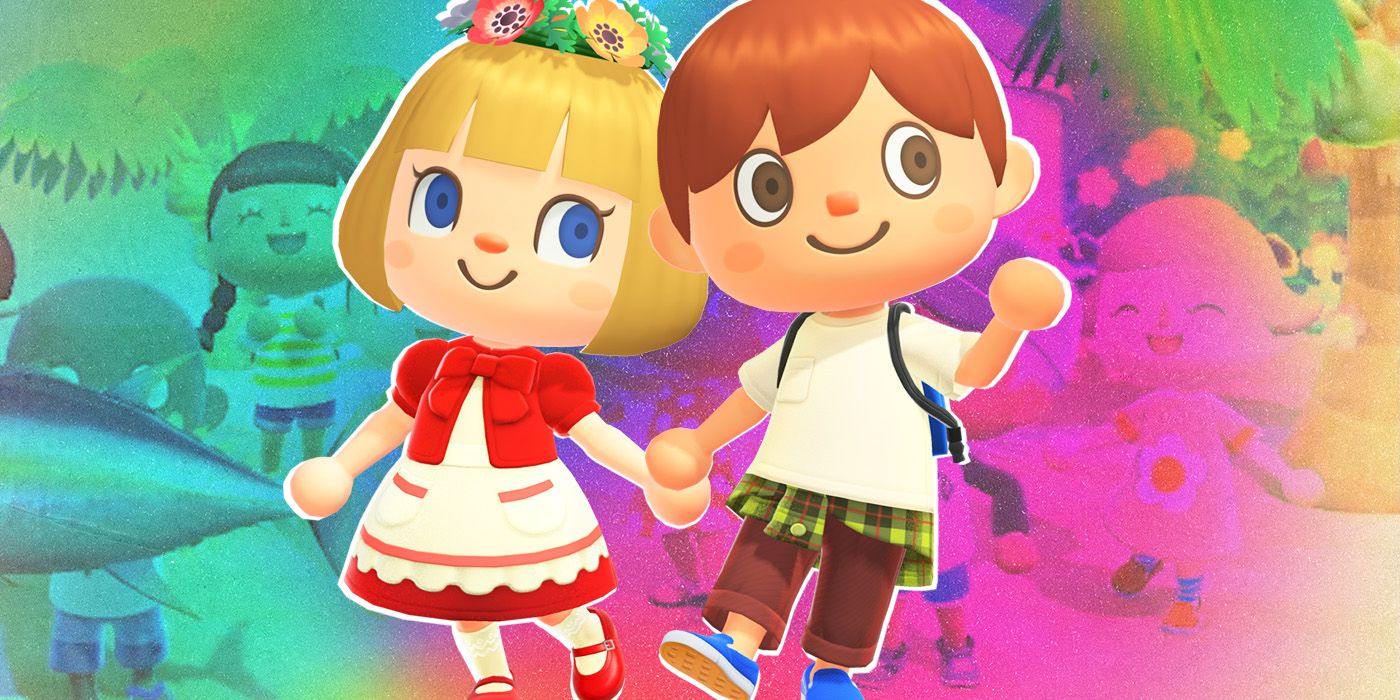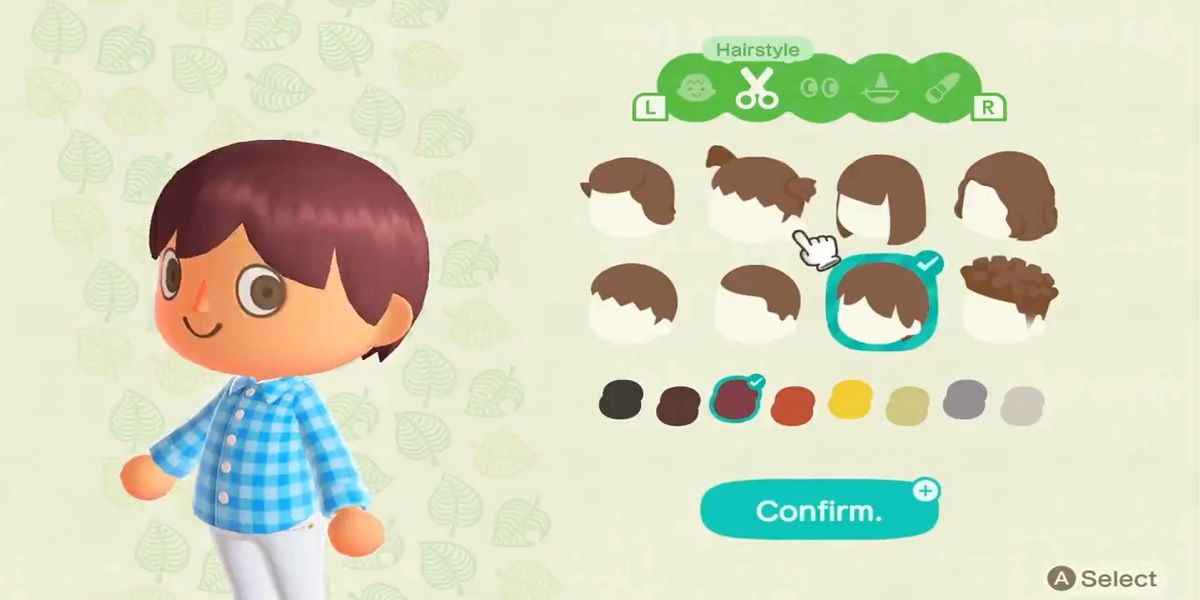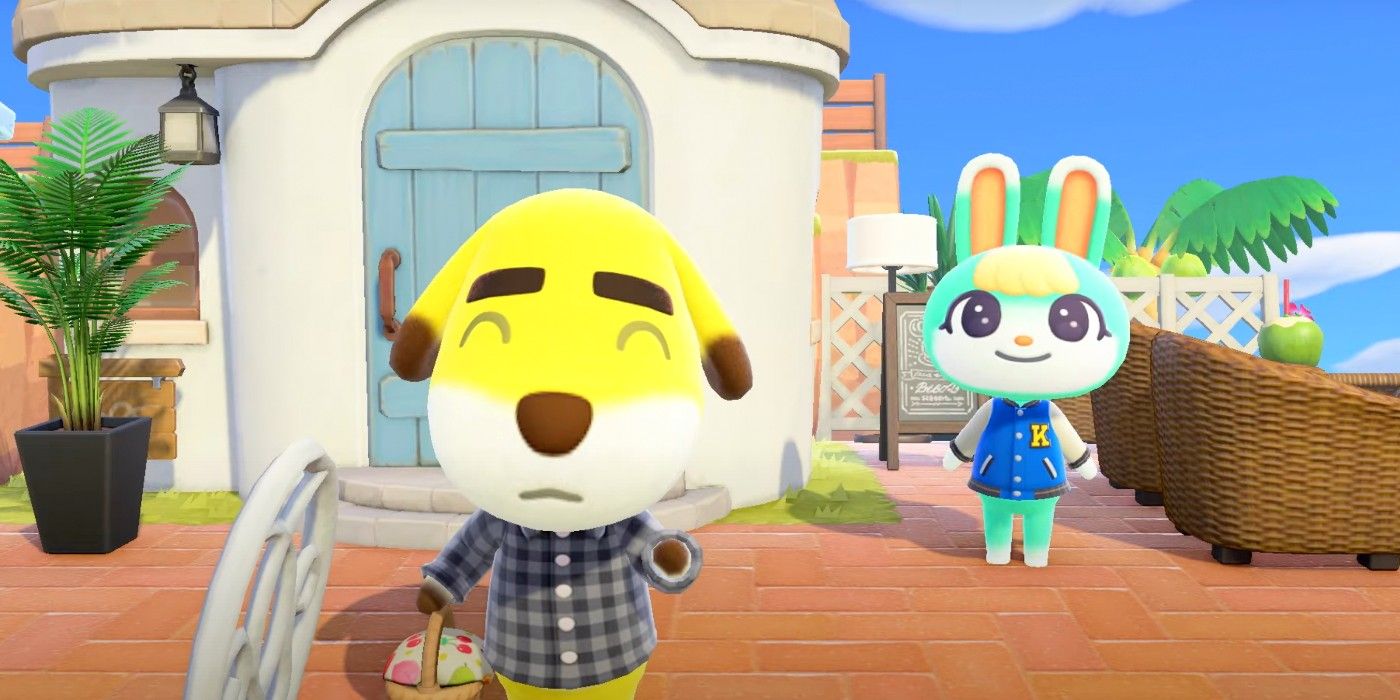Summary
- Removing the gender barrier from personality types in Animal Crossing could double the in-game personalities, making interactions more varied and realistic.
- The franchise has already shown a willingness to be inclusive, allowing players to customize their gender presentation and featuring feminine male characters and masculine female characters.
- While there is more to do in New Horizons, the heart of the franchise lies in befriending the villagers, and there is a growing complaint about the lack of interesting interactions.
- Removing the gender barrier could make the villagers feel more like characters and enhance the social simulation aspect of the game.
If there’s one thing the Animal Crossing franchise is known for, it’s its villagers. However, that reliance on NPC personalities and dialogue means that when an Animal Crossing title fails to deliver enough interesting interactions, the game loses some of its charm. One of the most divisive issues about New Horizons has been its repetitive villager interactions, and while updates have addressed that, players still find themselves seeing the same text day in and day out.
Animal Crossing villagers each have a set personality and draw their dialogue from a pool specific to their personality type. In New Horizons, Lazy villagers often talk about the bugs in their home while Peppy villagers talk about becoming a pop star. One flaw with the personality system is that personalities are doled according to gender, with Lazy, Cranky, Jock, and Smug for male characters, and Normal, Snooty, Sisterly, and Peppy for female villagers. Even stepping back a little from the context of the game makes this system look a little ridiculous; saying "normal" characters can only be female seems odd at best. Removing the gender segregation from personality types could go a long way to make the Animal Crossing experience more varied.
It Could Double the In-Game Personalities
Depending on how removing the gender barrier from personality types was implemented, the amount of personalities in the game could be doubled. Brotherly and Sisterly villagers could look out for the player in different ways, female Cranky villagers could take after fed-up grandmothers, and male Peppy villagers might want to become some other kind of star. Nothing about any of the personality types is a specifically male or female trait—nothing about being a Jock is inherently male, for instance—but the developers could use the opportunity to make small changes between male and female villagers of the same personality type so that, as the player interacts with them over, more dialogue could be discovered. Maybe female Lazy villagers have something other than bugs in their homes, and maybe male Normal villagers lean more toward cooking or reading to contrast female Normal villagers being into both.
Personality isn't—or at least shouldn't be—a gender-specific concept. A personality is shaped by someone's life experiences and beliefs, and removing the gender barrier in Animal Crossing could go a long way to make the villagers seem more realistic. When the Smug and Sisterly villager types were introduced in New Leaf, the developers were willing to go back and change older villager's personality types (such as O'Hare, who was introduced in the original Animal Crossing as Cranky), so it doesn't seem out of the question to change a villager's personality type.
The Series Already Plays with Gender Presentation
Animal Crossing as a franchise is no stranger to letting the player choose what to do with their gender presentation. Beginning in New Leaf, clothing wasn't gender-locked, meaning male players could wear dresses and female players could wear pants. Hairstyles have also been gender-neutral, and with the advanced customization options of New Horizons, even eye shapes and eyelash length are available to everyone. At any point in New Horizons, players can interact with a mirror to choose whether NPCs refer to them with he/him or she/her pronouns.
It isn't as if this gender neutrality isn't extended to villagers as well; when it comes to character designs, there are feminine male characters and masculine female characters. For instance, male goats in the franchise have a beard on their character model, but Kidd and Sherb do not. Velma, who is a Snooty goat, does have a beard. Hobbies are not gender-locked as well, as fashion, a previously female-only primary trait, was given to Sasha the Lazy villager as his hobby.
Animal Crossing has shown a willingness to be inclusive in the past, so it isn't a huge stretch of the imagination to assume that gender-locked personality types will one day become a thing of the past. While the villager personalities are one of the parts of the franchise that makes it stand out so much, there's nothing that says adding that variety will harm the series' presentation. If they allowed male characters to wear dresses in 2013, there's nothing that says every Snooty villager has to be female in 2023.
Villagers Are the Heart of the Franchise
Animal Crossing is a wildly successful franchise without a doubt, but it's also impossible to ignore that as the series has continued, the complaint of lack of things to do with the villagers has gotten louder. It's risen to something of a peak in New Horizons, where villagers visiting the player's home is more irritating than fun and villagers get bored with speaking to the player after a few minutes. There's more than ever to do in New Horizons, but Animal Crossing has never been about the terraforming and crafting, really. The games have always been about befriending the villagers.
It's a common complaint that villagers should be "ruder" like they were in the original Gamecube game, but that might not necessarily be the right fix to the problem. The villagers need to be more interesting, and more faceted: they need to have more things to say for longer. There has to be some incentive for getting to know them, and while obtaining a villager's photograph is something to be proud of, the true reward for getting to know someone isn't receiving gifts, but hearing them talk about themselves. For the game to exist as a social sim, it needs to mimic the experience of getting to know people, and that can't happen if the villagers are too static.
New Horizons was extremely successful without this fix, so it's unclear if the developers will devote more time to the villagers for the next game instead of focusing on the things that made New Horizons stand out, like obtaining recipes and crafting. Villagers may be central to the Animal Crossing experience, but they are by no means the sole contributor. The newer games have brought a ton of QoL changes and interesting collectibles, but it still feels like something is missing when the player approaches a villager and hears the same rote dialogue they heard the day before. It's easy to get trapped in a cycle of there never being enough dialogue to satisfy every player, but the older games did it best, back when there was nothing else to do except run errands and chat.
Animal Crossing villagers have always been charming, and "collecting" them has always been part of the fun for the franchise. Still, it's hard to deny that the games would be more fun if the villagers felt less like collectibles and more like characters. By removing the gender barrier to personality types, the developers of the franchise might take one step toward making that change, toward making the town a player builds feel more like a home.




